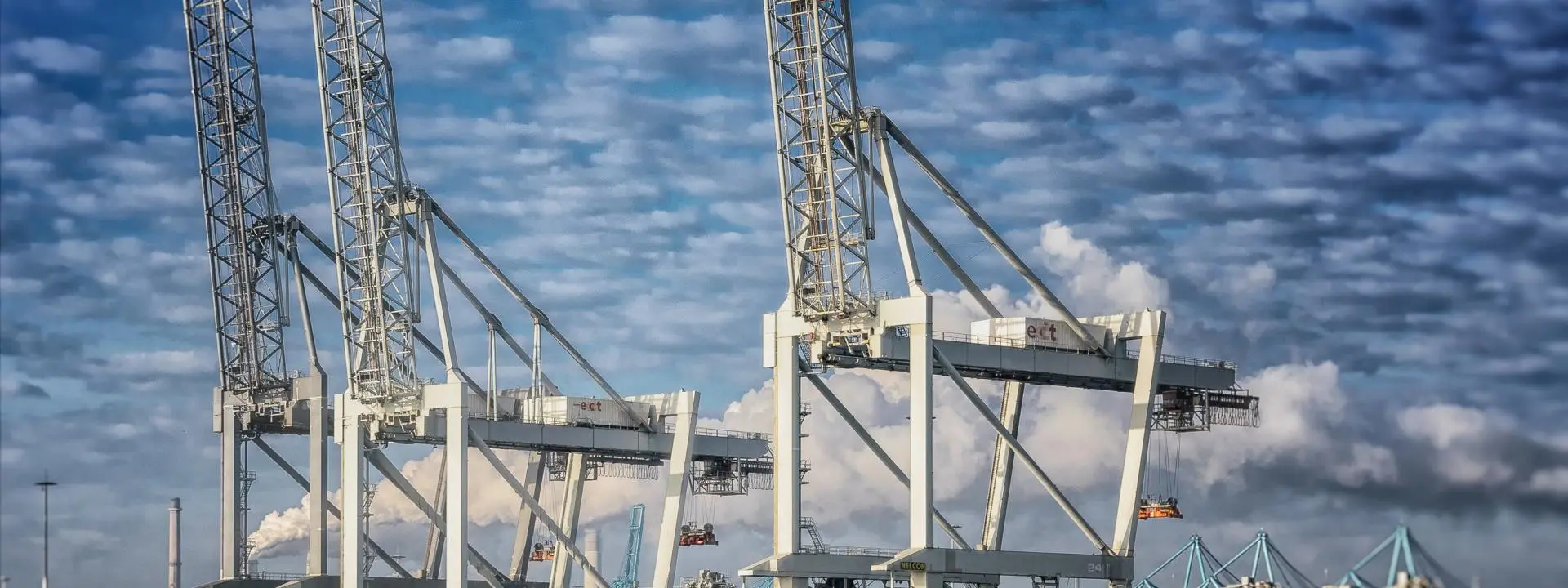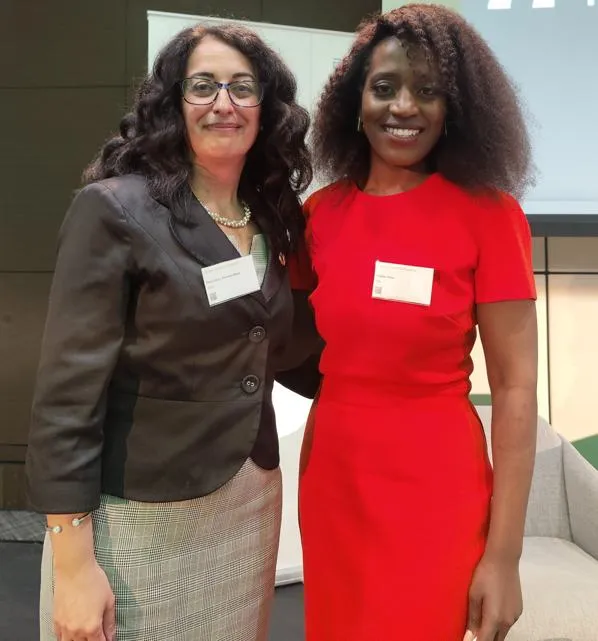UK Government backs research in high-tech green shipping consortium to reduce emissions

The Industrial Decarbonisation Research and Innovation Centre (IDRIC), based at Heriot-Watt University is part of a consortium that has been awarded over £1 million to work on a new digital twin solution to cut shipping emissions.
The technology will enable more efficient navigation and significantly reduce fuel use and environmental impact, paving the way for cleaner, smarter global shipping.
Bringing together world-class expertise in digital innovation, maritime research, and industry standards, the consortium is led by the global IT and business consulting services firm CGI (through its Sustainability Exploration and Environmental Data Science (SEEDS) programme), collaborating with IDRIC and Maritime UK, the umbrella organisation convening the UK maritime industries.
Pioneering Clean Technology at Sea
The consortium’s “MaritimeTwin” prototype will integrate real-time satellite data with advanced digital twin technology, a virtual representation of a real-world object, system, or process. This will enable accurate route planning, fuel consumption optimisation, and emissions monitoring to help support decarbonisation whilst strengthening the UK's position as a clean maritime technology leader, driving economic growth and highly skilled jobs.
MaritimeTwin will provide shipping operators with a powerful tool to simulate various scenarios, with an outcome of allowing data-driven decisions that balance operational efficiency with environmental impact. This features the innovative incorporation of real-time environmental data, including weather patterns, ocean currents, and port conditions. Crucially, it will have the ability to continuously learn and offer more precision through machine-learning algorithms.

Professor Mercedes Maroto-Valer, IDRIC’s Director said: "The pace and complexity of pathways to decarbonisation for maritime transport demands rigorous and independent research. Over the past four years, IDRIC has united experts from diverse fields to tackle complex decarbonisation challenges, bridging the gap between academia, industry, and policy and accelerating the translation of research into practical solutions. Leveraging this expertise, the MaritimeTwin consortium will enable rapid development and deployment of a transformative solution for the maritime industry through close collaboration and access to real-world testing to accelerate commercialisation.”
Mattie Yeta, CGI UK’s Chief Sustainability Officer said: “This award enables the development of a demonstrator that leverages real -time data to deliver tangible impact across the maritime sector. This project addresses the urgent need for maritime decarbonisation but also strengthens the UK's position as a leader in clean maritime technology, driving economic growth and creating high-skilled jobs in the sector.”
Chris Shirling-Rooke MBE, Chief Executive, Maritime UK said: "Maritime UK is proud to play a role in the MaritimeTwin CMDC6 project. Our focus is on ensuring that end users and industry stakeholders are meaningfully engaged and represented throughout the project, providing forums where they can help to shape a solution that is both technically robust and market viable. By providing a clear strategy and forums for engagement, we seek to align innovation with real-world industry needs.”
A Greener Future for Global Shipping
The maritime sector is currently responsible for around 3% of global greenhouse gas emissions, with forecasts indicating this could rise to 10% by 2050 without intervention. MaritimeTwin directly addresses this challenge, offering a transformative solution that not only aligns with International Maritime Organization (IMO) targets, but also strengthens the UK’s position as a global leader in clean maritime technology.